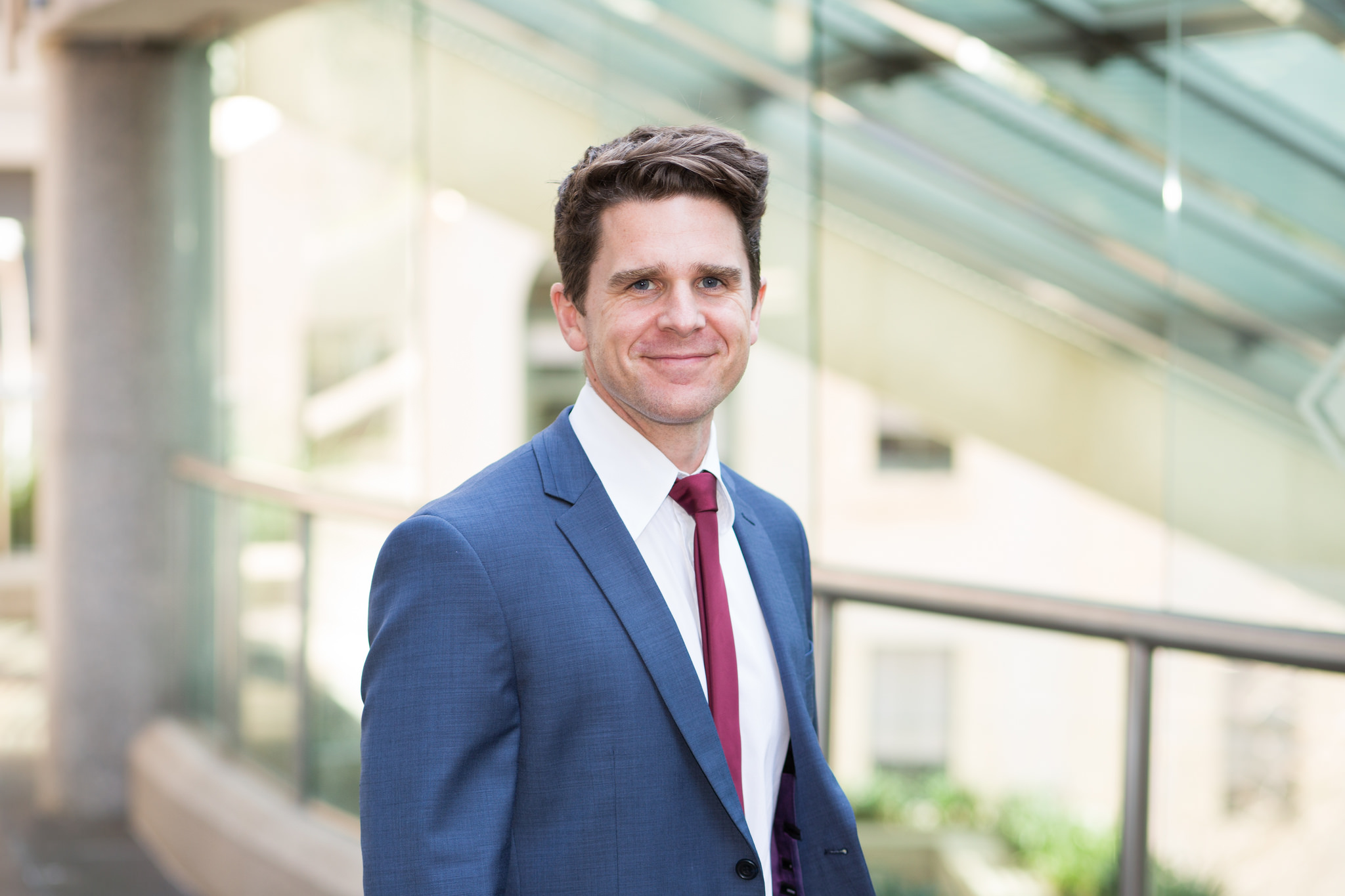With more people dreaming of becoming a YouTube star and giving up their day job, a QUT-led panel this week asks whether it really is possible to make a living.
The question is increasingly topical in a world where more than 100 Australian YouTube channels earn more than $100,000 and another 2,000 channels earn between $1,000 and $100,000. Worldwide, three million-plus YouTube creators make money from the content they upload.
QUT lecturer in Creative Industries Dr Ruari Elkington will chair a discussion on the topic on Friday at CreateX 2018, QUT’s festival of performances, exhibitions, screenings, discussions and debates, at the Creative Industries Precinct, Kelvin Grove, 13-17 November.
He will be joined by panellists including Australian YouTube stars Elly Awesome (280K-plus followers) and Madison Lloyd of SketchSHE, (one million-plus subscribers) as well as YouTube scholar Jean Burgess, Director of the QUT Digital Media Research Centre, and Farhad Meher-Homji, founder of Changer Studios and at the forefront of short-form video content.
"There is a broad fascination with the possibility of ‘giving up your day job’ to make money from YouTube," Dr Elkington said.
 "YouTube micro-celebrities and personalities are social media stars and their journeys to stardom are very different to the career pathways into the traditional film and television industries.
"YouTube micro-celebrities and personalities are social media stars and their journeys to stardom are very different to the career pathways into the traditional film and television industries.
"Anyone can pick up a camera and upload content to YouTube but how do you make a decent income out of it, what are the risks, and what rights and responsibilities do YouTube creators have? These are the questions we will be discussing."
In his role at QUT, Dr Elkington said he had seen a definite and sustained shift in student focus towards YouTube as a way to build profile and translate that profile into a career. However, he added, TV is still king.
"TV still has the cultural cachet and the mass media "cut-through" to broad sections of society we still respect. Yet a career on YouTube is now more viable for our students than aiming for the traditionally understood career on TV," he said.
"This is because on YouTube the gatekeepers just aren’t there. One of the freedoms of online video is that nobody in a studio has the final say on whether you are good enough to make content and broadcast to the world.
"However, that freedom is balanced with the realisation that on YouTube, nobody decides who’s good enough to make content - and that means a lot of content fighting for audience attention."
Dr Elkington has been awarded a Churchill Fellowship to travel to the UK and US next year to travel to the UK and US to examine programs that engage the respective skills of established YouTubers and creative industries students (‘NewTubers) in the midst of developing skills and an audience for their work, with a view to how the two can come together to learn and create.






